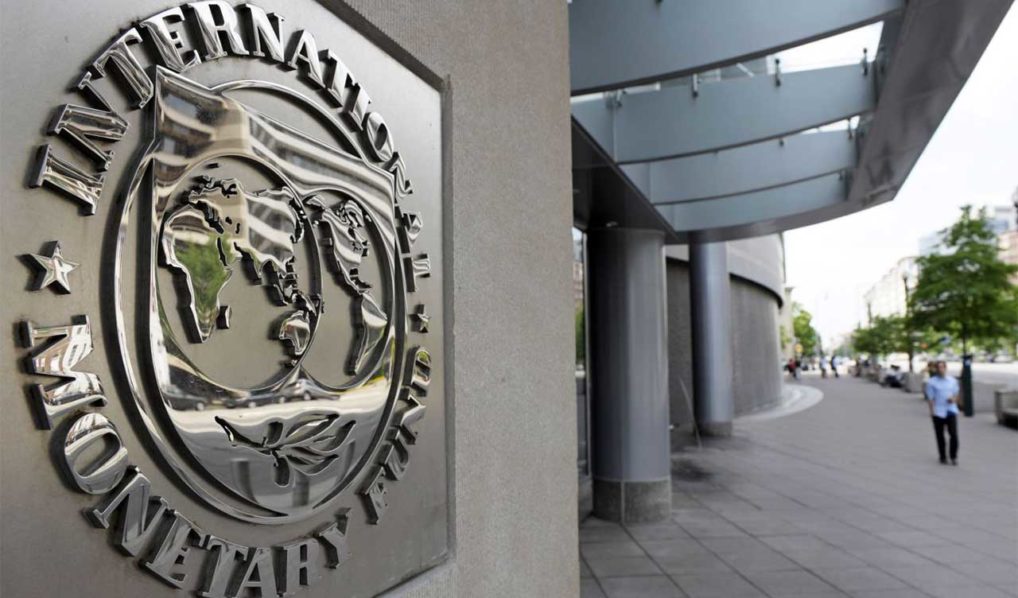IMF Recommends More Fiscal, Monetary Tightening As Farmers Decry 50% Crash in Food Prices
As the present cash crunch continues to affect business activities with a likelihood of lowering the inflation rate in the short term, the International Monetary Fund (IMF) has underscored near-term downside risks arising from Nigeria’s elevated inflation, high debt-servicing costs, external sector pressures and oil sector volatility.
Indeed, the scarcity of naira has forced prices of food to drop significantly at major farm produce markets across the country, The Guardian has gathered.
According to the IMF, there is a need for decisive and effective monetary policy tightening to avoid a de-anchoring of inflation expectations, noting that higher international food and fertiliser prices and continued widening of the parallel market premium could culminate in the de-anchoring of inflation expectations.
Indeed, the IMF directors in the 2022 Article IV Consultation with Nigeria, recommended decisive fiscal and monetary tightening to secure macroeconomic stability, combined with structural reforms to improve governance, strengthen the agricultural sector, and boost inclusive and sustainable growth.
The IMF directors also urged the authorities to finalise the securitisation of the CBN’s existing stock of overdrafts and emphasised that the CBN’s budget financing should strictly adhere to the statutory limits.
They highlighted the need for bold fiscal reforms to create needed policy space, put public debt on a sound footing, and reduce vulnerabilities.
They urged the authorities to deliver on their commitment to remove fuel subsidies by mid-2023, and to increase well-targeted social spending.
The IMF called on the authorities to strengthen revenue mobilisation, including through tax administration reforms, expanding the tax automation system and strengthening taxpayer segmentation, and improving tax compliance is also a priority.
In the medium term, the directors recommended modernising Nigeria Customs Service (NCS) administration, rationalising tax incentives, and raising tax rates to the levels of the Economic Community of West African States (ECOWAS).
Yesterday, The Guardian learnt that grain prices have dropped by 50 per cent as farmers become desperate. For instance, the price of maize dropped from N27,000 per bag to N13,000 to 15,000, depending on if you are paying cash or making a transfer.
Also, the price of Soya beans that sold as high as N36000 to 40,000 per bag is now about N18,000 at Igbeti, Oyo State. The price of beans is also on a downward trend as a bag now sells for N27,000 as against N40,000. Millet, Sorghum, and Guinea corn also sell at around N12,000 per bag.
A farmer from Oyo State, Abdulrasheed Ibrahim, while speaking to The Guardian said the farmers had to sell off their produce to raise money to do other things.
“Despite crashing prices, we cannot still sell as people do not have money to buy produce,” he lamented.
“When customers come, they want to do a transfer but because we cannot withdraw money from banks, we insist on cash,” he noted.
Also, a trader from Kano State, who identified himself as Abdullahi, lamented the ripple effect of the naira crisis.
“We are not making sales like before, customers often want to make transfers but we reject it insisting on cash. This is because I, for instance, do not have a bank account. Each time I sell, I save my profit through our society before I will use it to buy my goods. I don’t have time to go the bank.”
The President of the All Farmers Association of Nigeria, Farooq Mudi, said farmers are crashing prices of their commodities to raise funds to prepare for the next planting season, including paying workers.
Mudi, during a phone interview, said farmers are selling their produce below the cost of production because they need to buy fertilizer and pay labourers. He said labourers mostly do not have bank accounts and would rather go to farms where they would be paid cash.



Comments are closed.